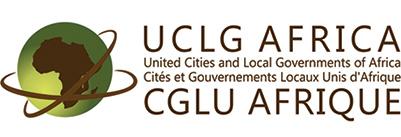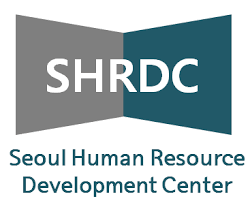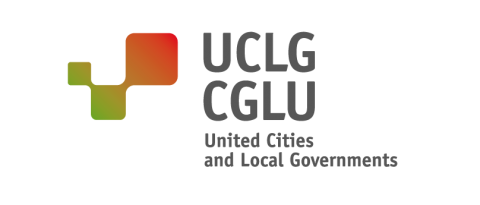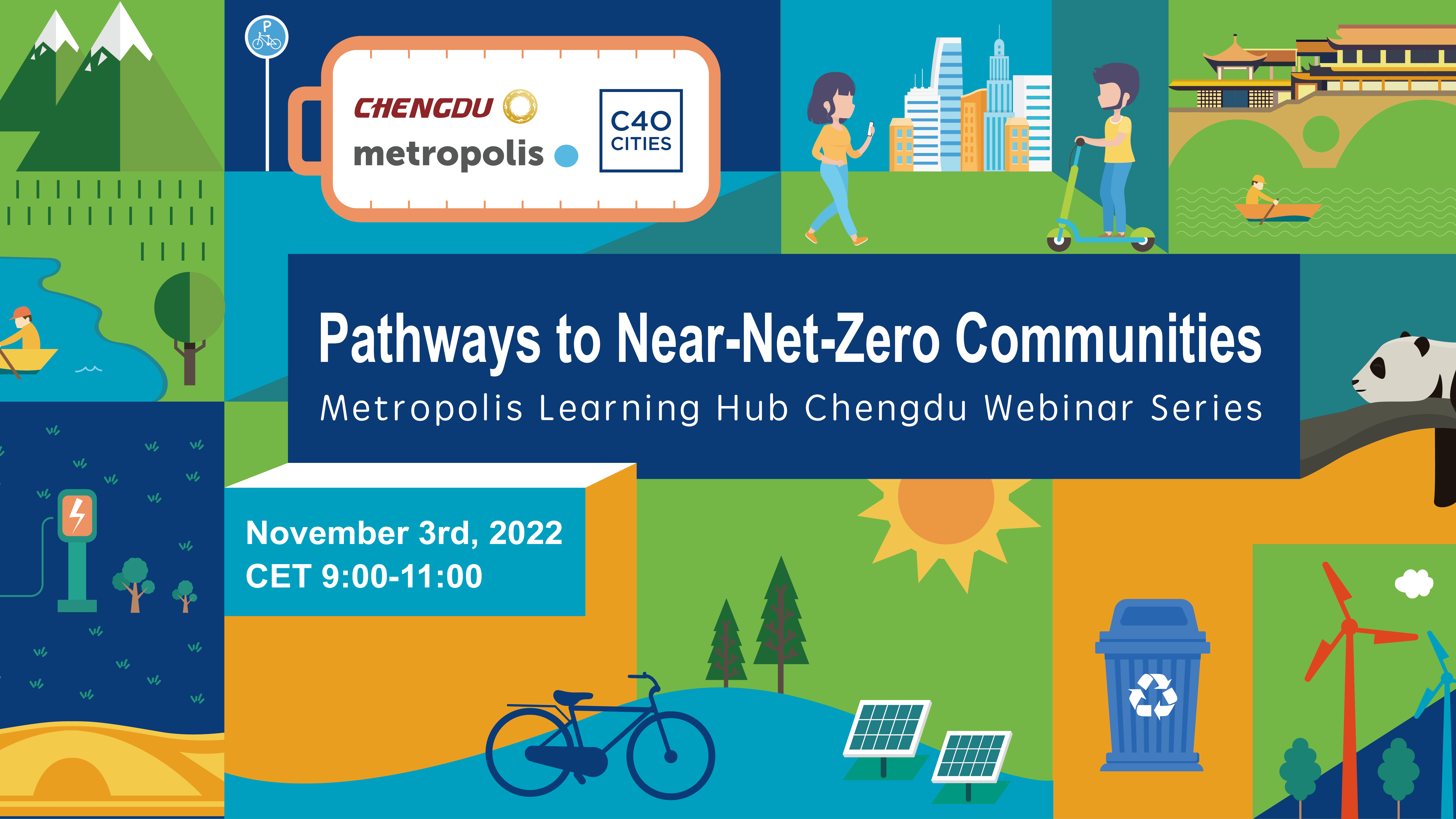
Creating a Net Zero Community
Metropolis Learning Hub Chengdu with the support of C40 and Chengdu’s Municipal Commission for Urban and Rural Community Development and Management organised a session which seeked to provide knowledge on how to design good public policies to help foster favourable climate for green transition and guidelines that help grass-root communities navigate their way to net zero transition. This session had speakers from C40, Chengdu and Madrid.
For more information, you can read the programme of the event.
Working towards the 2030 peaking goal and long-term carbon neutrality China's national goal, local governments have a critical role to play in helping to implement policies on the ground and establishing an enabling environment for stakeholders to increase contributions to net-zero.
To achieve peaking and carbon neutrality goals, and explore a near-net-zero solution that adapts to local conditions, the city of Chengdu released the Work Plan for Pilot Near-Net-Zero Communities in March 2022, targeting to create 10 near-net-zero communities in 2022 and 30 more by the end of 2025.
In July 2022, Chengdu joins hands with C40’s Green and Thriving Neighbourhoods Network. The two parties, together with the Science and Technology and Industrialisation Development Centre of China’s Ministry of Housing and Urban-Rural Development, will work jointly on a pilot net zero community project in Chengdu.
On the eve of the COP27, Metropolis Learning Hub Chengdu with the support of C40 and Chengdu’s Municipal Commission for Urban and Rural Community Development and Management organised a webinar under the tittle " Pathways to Near-Net-Zero Communities", a way to address climate change not only a local and neighbourhood level.
The objective of the session was to provide knowledge on how to design good public policies to help foster favourable climate for green transition and guidelines that help grass-root communities navigate their way to net zero transition. That is exactly what Luke Sherlock from C40 Cities pre-recorded video message was meant to: providing 5 key elements to make urban public space accessible, inclusive, cohesive and green and so to harness for low carbon urban development.
On the other hand, Chengdu representatives presented its initiatives at the neighbourhood scale such as "Chengdu’s Near-net-zero Initiative at Community Scale" and "Chengdu’s low-carbon programme within the framework of Park City Initiative, featuring complete neighbourhoods and the 15-minute city"
On the European side, Madrid presented the Madrid 360 Environmental Sustainability Strategy and how private and public transport modes are being changed to reduce emissions and to return public space to the people.
For more information, you can read the programme and watch the recording of the event.
- Ms. Li Li, Vice Director General, Chengdu Foreign Affairs Office
- Mr. Lei Ke Vice-Director, Commission for Urban-Rural Community Development and Governance of CPC Chengdu Municipal Committee
- Mr. Luke Sherlock, C40 Director of Urban Planning & Design
- Ms. Yao Nan, Deputy chief engineer of Chengdu Planning and Design Institute
- Lola Ortiz Sánchez, General Director of Mobility Planning and Infrastructures, Madrid City Council
- Mr. Jordi Vaquer, Secretary General of Metropolis
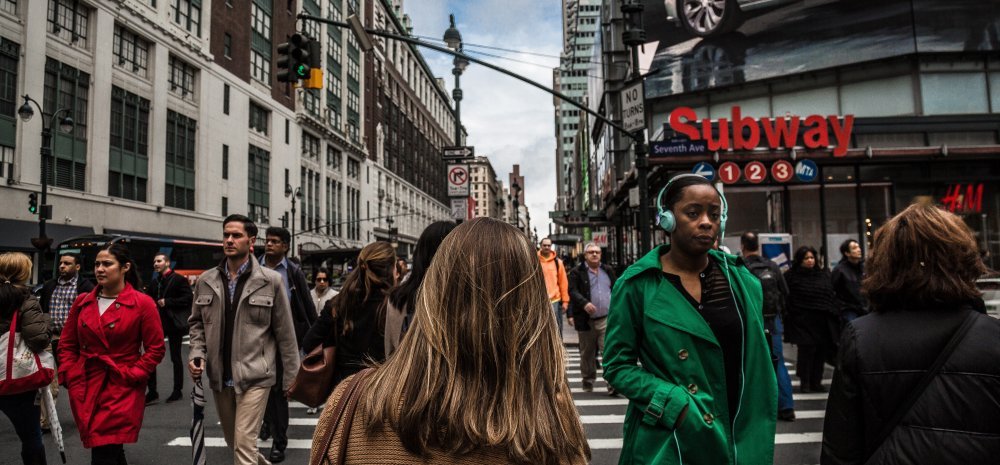
On-line training program on Resilient City (2nd edition)
In collaboration with UCLG, UCLG-ASPAC, and the SHRDC as MITI HQ, we organised a Learning Program on "Resilient City", which provided various e-learning contents and diverse policy cases with active discussions among the participants.
More than half of the world’s population resides in urban and metropolitan areas, and cities have experienced rapid growth and urbanization. The local governments have to endure the threats and vulnerabilities as a result. Thus, strategic disaster risk reduction and response measures are critical for the sustainability. However, resilience is about more than natural disasters. It should incorporate a holistic perspective that covers social, economic, and climate dimensions, as well.
The Sendai Framework, adopted at the Third UN World Conference in Disaster Risk Reduction, recognizes the need for improved understanding of disaster risk, the strengthening of disaster risk governance, and the mobilization of risk sensitive investment to reduce natural and social risks and to support the vulnerable.
You can consult the guidebook of the programme here
During the second live session of this training program, we explored the concept "Resilient City" as well as the three dimensions of resilience: climate, economic and social.
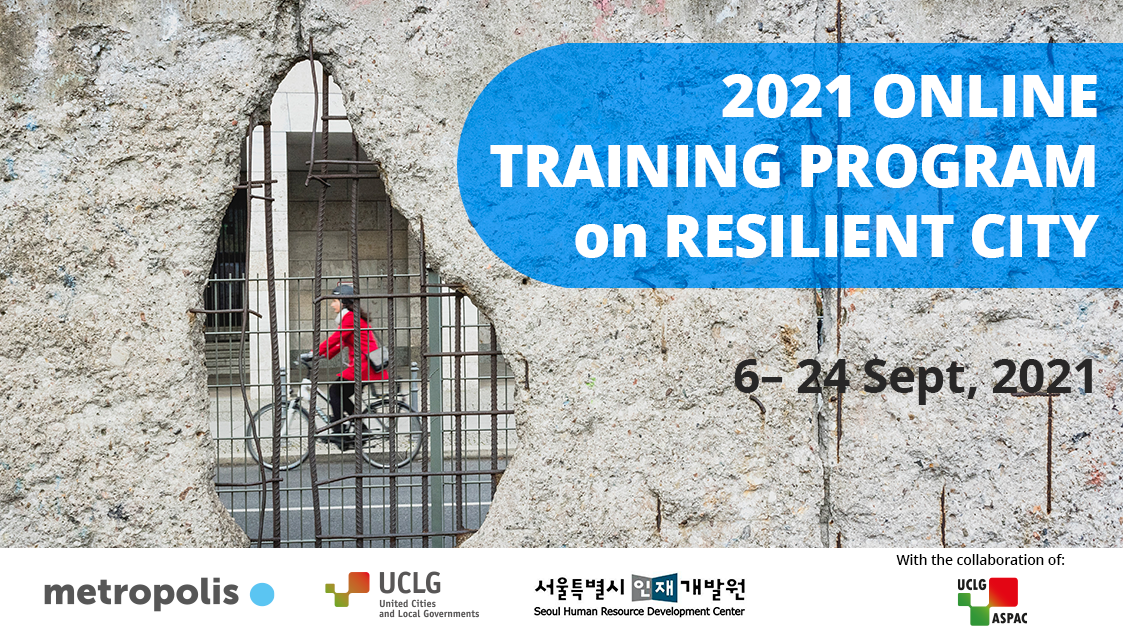
On-line training program on Resilient City (1st edition)
To highlight the challenges and threats that cities must face in order to remain economically, socially and disaster resilient, Metropolis jointly with SHRDC, UCLG and with the collaboration of ASPAC organized a three weeks on-line training program called “Resilient City.
Metropolis organized the second session of this course, which was based on the experiences of Tehran, Istanbul, and Berlin, who gave testimonies and share their experiences providing tools to contribute to the creation of policies for a more resilient metropolitan space.
If you want to find more about this learning program, you can read the Guidebook and the news.

- Constantin Ahrens, liaison officer to the Berlin fire brigade, Senate Department for the Interior and Sport
- Dr. Sadredin Alipour, CEO of Waste Management Organization: the KAP project, Tehran
- Mr. Evrim Yavuz, Senior geophysicist, IMM’s Directorate of Earthquake and Geotechnical Investigation, Istanbul Metropolitan Municipality
- Ms. Melis Bayraklı, Senior geophysicist, IMM’s Directorate of Earthquake and Geotechnical Investigation, Istanbul Metropolitan Municipality
- Juan Carlos Uribe, UCLG
- Bernardia Irawati Tjandradewi, UCLG ASPAC Secretary General
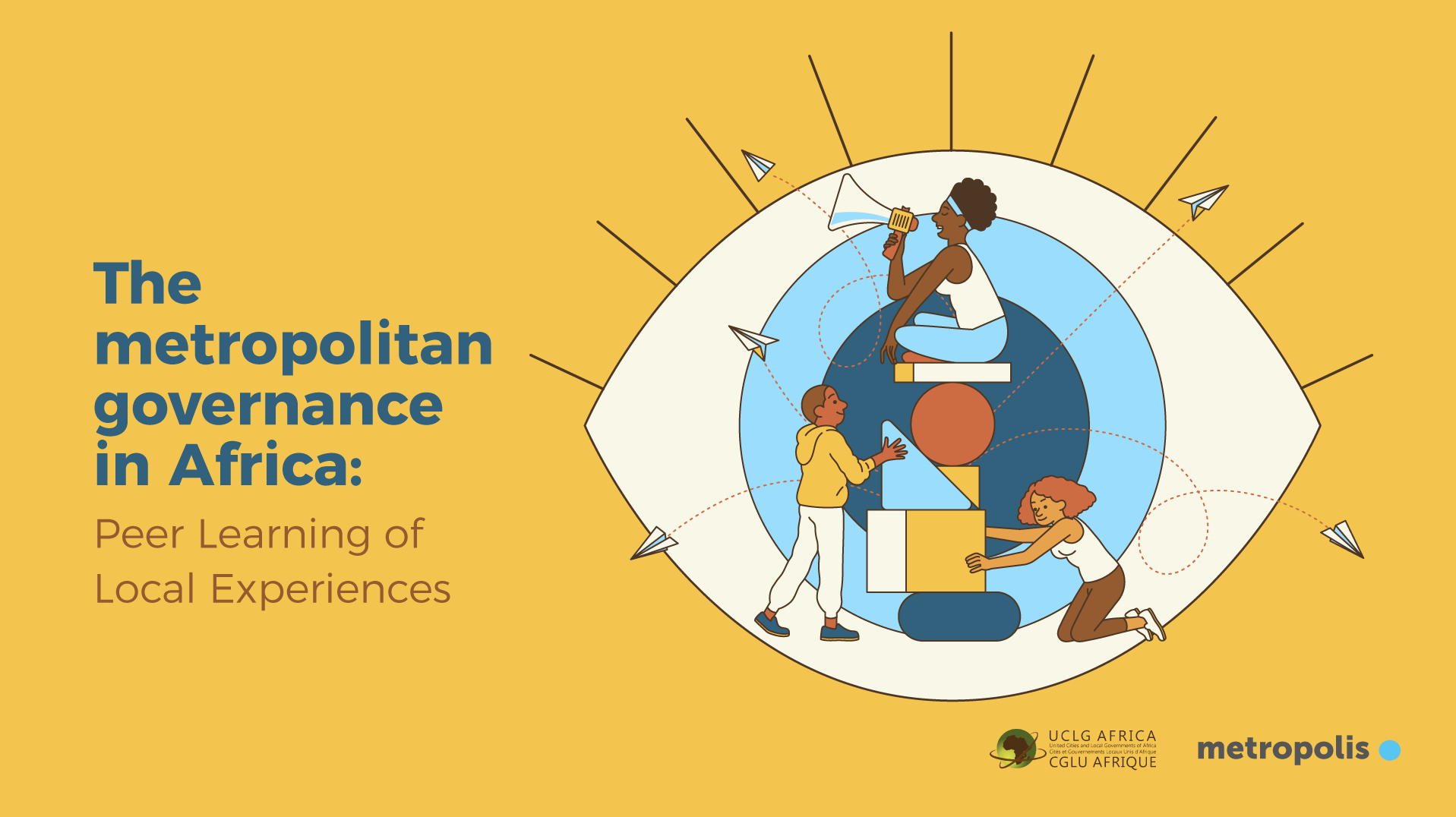
The metropolitan governance in Africa
Based on a pedagogical content designed by Metropolis, this learning program aims to introduce the metropolitan reality and how metropolitan governance with a gender perspective can be the key to face the challenges and threats that surround our metropolises. In addition, the course seeks to present governance models, as well as to emphasise on the importance of the Right to the city in a metropolitan context.
Nowadays, the metropolitan phenomenon is a reality of urban dynamics in large cities and metropolises. Metropolisation as a process of growth of urban areas into a larger functional urban unit is underway in several urban areas in Africa (Metropolis, 2019). This makes these areas not only places where economic issues are at stake (production of national growth) but also places where social and environmental issues are crucial (accessibility to urban services, housing, social cohesion, flooding). It is therefore on the scale of metropolitan areas that are “more diluted and more compact, more integral and discontinuous” (Ascher, 1995) that the urban phenomenon must be understood.
The cities and metropolises are called upon to provide responses at the right functional scale to address the challenges of socio-spatial inequalities, sustainability, resilience and urban innovation. These challenges are at the heart of the 2030 Agenda to “Build resilient infrastructure and foster innovation” (SDG9), “Make cities and human settlements inclusive, safe, resilient and sustainable” (SDG11) and “Adopt innovative digital solutions” (SDG 17).
- Session 1. Models of Metropolitan Governance
-

In this first webinar, based on the pedagogical content of the publication Models of Metropolitan Governance, we analysed the different metropolitan governments models (metropolitan governments, sectoral metropolitan agencies, vertical coordination, voluntary cooperation) while looking at the situation of Africa.
We also explored the elements that characterise metropolitan governance models: financing, competences, democratic representation, multilevel relations and the main challenges and strategies to promote a form of metropolitan governance with a gender perspective.
The program of the session, protagonized by the experts from City Insight, was divided in two parts. First of all, they related the theoretical framework with the African context and, after that, they analysed the implementation of a gender approach.
If you want to know more about the session, you can read the news
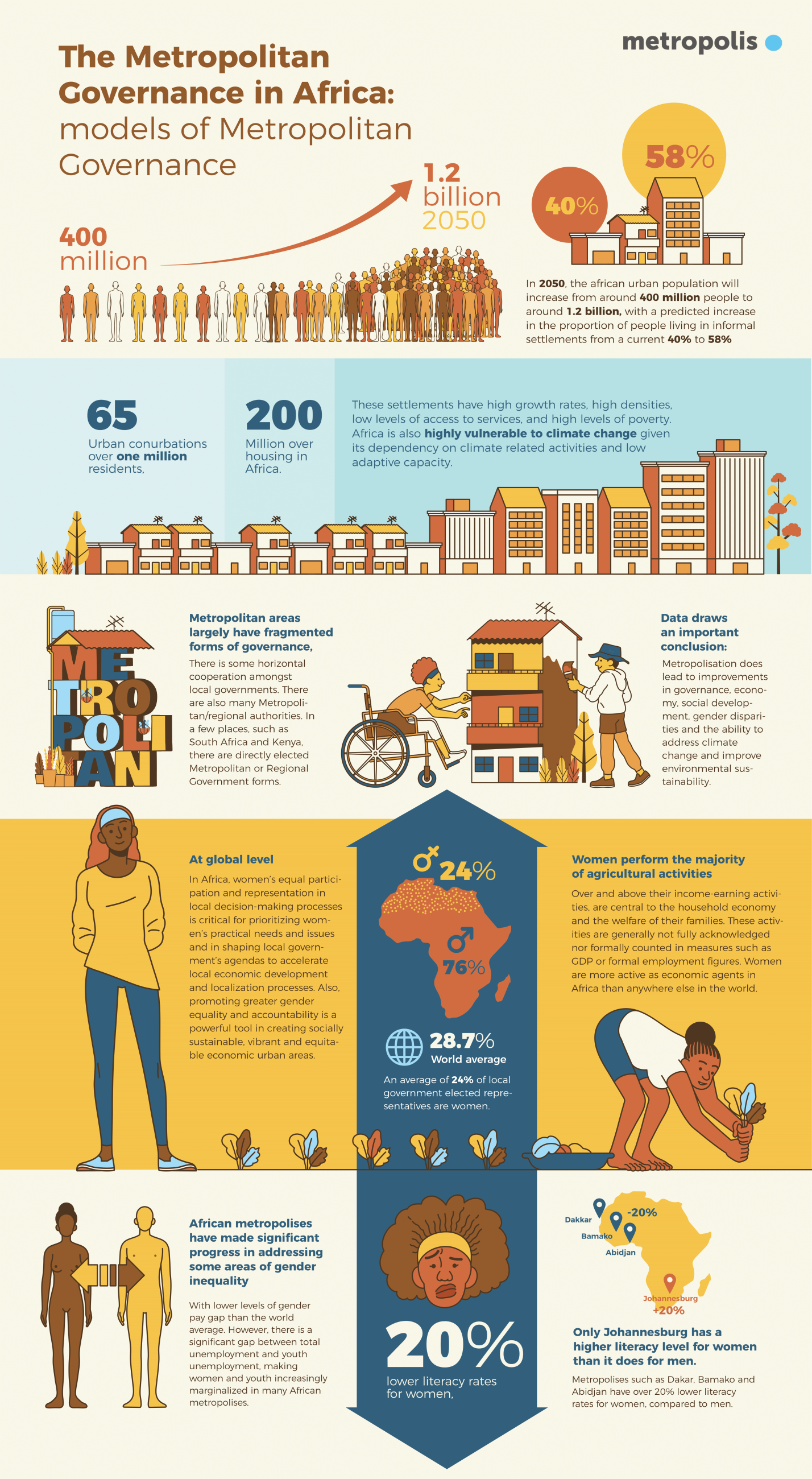
- Session 2. Right to the Metropolitan City in the Framework of the New Urban Agenda and the 2030 Agenda

In the second webinar of this course, based on the pedagogical content of the publication Right to metropolitan city in the framework of the NUA and the 2030 Agenda, we addressed the importance of reconsidering the Right to the City in a metropolitan context that reflects the current reality of urban dynamics. The concept of the Right to the city is not new but remains fully current. It references the right to “create” a city as a concern of urban life. It thus focuses on the capability of the people who live in the city to transform it and for society to be transformed through it.
We also analysed four different manifestations of the right to the city in the African context: the right to housing; the right to public space; the right to urban security from a feminist perspective; and the right to metropolitan mobility.
For more information, you can visit the program and read the news
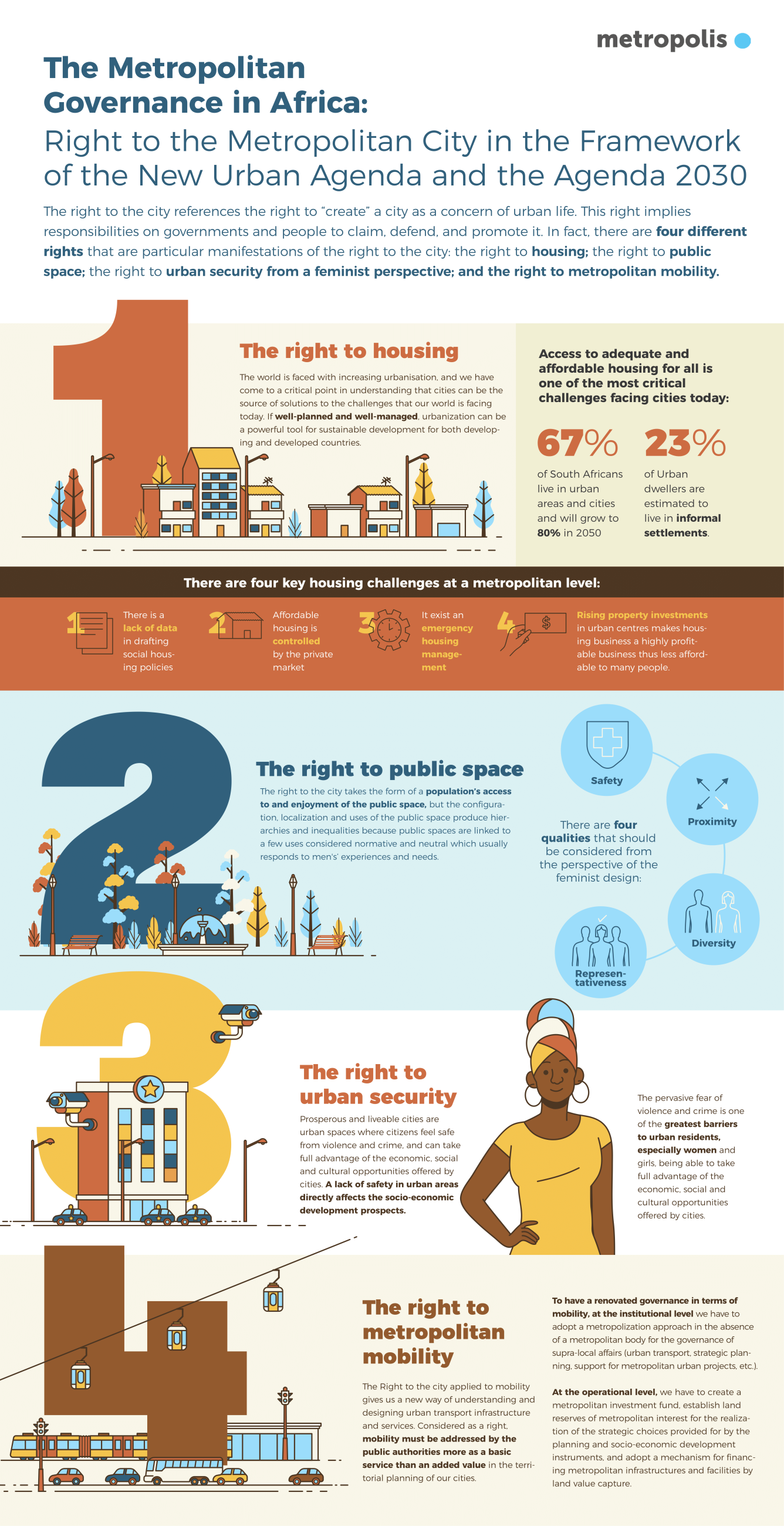
- Session 3. Case studies
-

This webinar was an opportunity, first, to understand the issues of sustainability, resilience and urban intelligence, second, to elucidate how they are embodied at the metropolitan scale, and third, to focus on the challenges and obstacles that African cities and metropolises face in deploying resilience strategies and innovative digital solutions.
Participants were able to learn more about different experiences from Morocco (in particular from Fez) and South Africa.
For more information about the third session, you can read the concept note
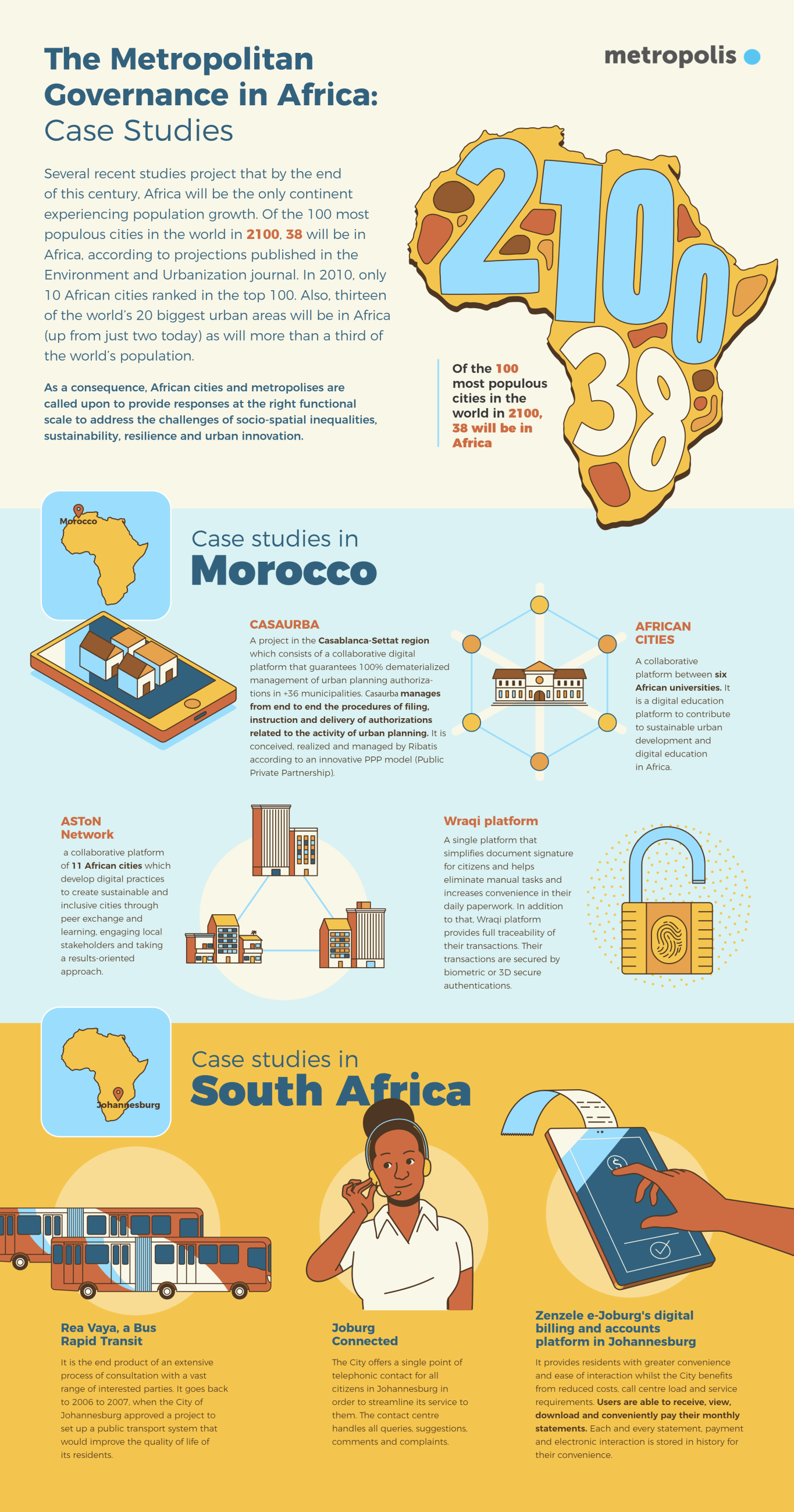
- Session 4. Peer Learning From Local Experiences
-

During the 4th session of this course: “Peer Learning From Local Experiences” city managers from Rabat, Tunis, Cairo, Nouakchott, Abdijan, Harare and Kigali participated in a peer review of their local experiences facing the challenges produced by the rapid urban growth and the COVID-19 pandemic, giving a particular mention to the role of digitalisation.
For more information, you can read the concept note in english and french or consult the program of the session in english and french.

- Michael Sutcliffe, co-director of City Insight, an agency that provides insight, information and advice on local level development
- Sue Bannister, co-director of City Insight, an agency that provides insight, information and advice on local level development
- Jean-Pierre Elong MBassi, UCLG Africa Secretary General.
- Octavi de la Varga, Metropolis Secretary general.
- Nomkita Fani, Director Intermediate Cities and Spatial Planning at Department of Cooperative Governance and Traditional Affairs
- Mpilo Ngubane, Executive Director of Cifal Durban, Chief Learning Officer of the eThekwini Municipal Academy and Adjunct Professor of Research at UNISA’s School of Business Leadership (SBL).
- Genevieve Hartley, Program Manager, MILE
- Dr Mostafa Kheireddine, Urban planner of the University of Montreal, Researcher in city sciences, Rabat
- Kate Joseph, Deputy director from the Group Strategy Policy Coordination and Relations from Johannesburg
- Ane Miren Ibañez Zugazaga, Director of BilbaoTIK, a technology company of the Bilbao City Council
- El Khettab Mohamed, Communal Council of Fès, Morroco.
- Moinul Zaber, United Nations University e-GOV
- Matteo Gattola, Founder of Environ: "Mobility and Lighting", Italy.
- Morris Mbolela, UCLG Africa Deputy Secretary General
- Charles Patsika, Special Advisor for Decentralised Cooperation at UCLG Africa
- Khaled Abdel Aal, Governor of Cairo, Arab Republic of Egypt
- Kamal El Amrani, Rabat Vice-President of the Communal Council of Rabat, Morocco
- Souad Abderahim, Mayor of Tunis, Tunisia.
- Vicent N’Cho, Deputy Governor of Abidjan, Ivory Coast.
- Jacob Mafume, Mayor of Harare, Zimbabwe.
- Taleb Abderrahmane El Mahjoub, Mayor of Tevragh Zeina, Mauritania.
- Gomado Koamy Gbloekpo, Mayor of the Commune of Golfe,Togo.
